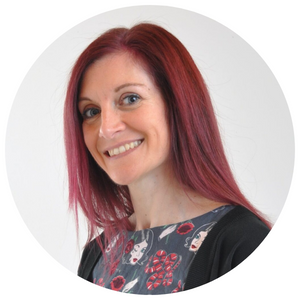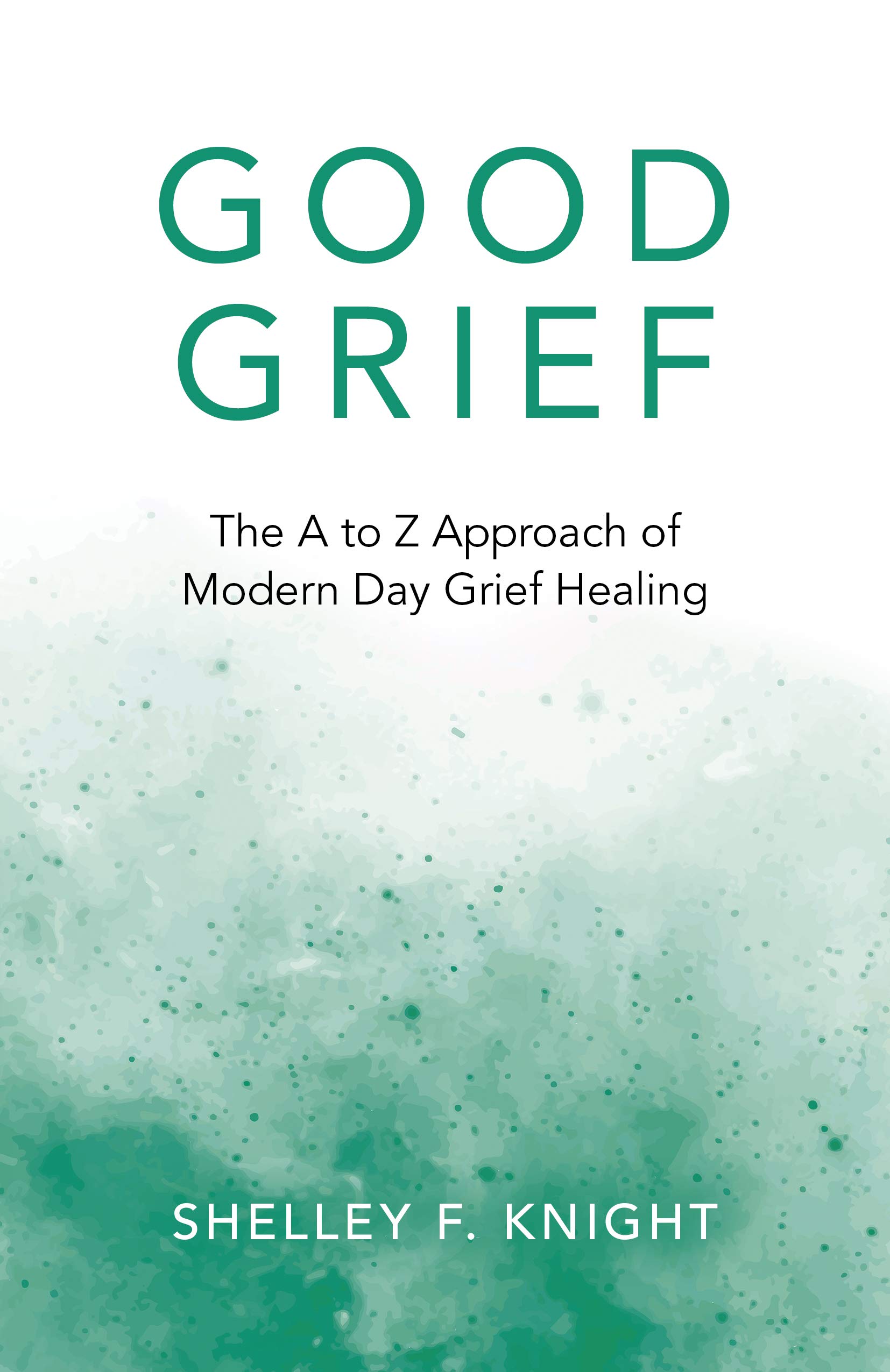Grief cannot be defined in one simple sentence, as grief itself is not simple. It is a vast and complex topic with equally vast and complex presentations in terms of signs and symptoms, longevity, and intensity. Grief is closely associated with death but can also be triggered when we lose anything with which we have an emotional connection. A grief process can come about through loss of health, wealth, relationships, job, confidence, safety, or purpose, to name but a few examples. All losses – whether it be a way of life or the end of a life – trigger a grief response. Many of us may be unknowingly living with grief having experienced loss, and all grief is valid and introduces a need to step on to an unknown path of recovery.
Even with the best intentions, onlookers of our grief may try to pacify our emotions rather than encouraging us to dive in and discover what is truly going on for us. Some may be awkward, avoidant, or silent in our presence, whilst others can be more forthright and outspoken. We may be dismissively told “things happen for a reason” or “you will never get over the loss”. But what collateral beauty could occur if we courageously chose to listen to ourselves and our unique grief rather than the dictated beliefs and opinions of others or of society as a whole?
Much that can be read about the grieving process is outdated and can serve an injustice to our rapidly evolving, modern society. In conjunction with recent medical and societal advancements, new and complex presentations of grief have arisen. As a result, our own journey through grief must also evolve for us to heal and even flourish as a result of our experiences surrounding loss.
I am here to reassure you that you can get through this experience of loss, the madness, the numbness, and other exacerbations, as it is all part of the healing process that we have labelled as grief. As part of the inevitable changes from your experience of grief, you will have to navigate your way through emotions that will swing like a pendulum, with your thoughts swinging from one extreme to another. You will not know all the answers, never mind how long and hard you search for them, and sometimes – just to add to your feelings of confusion and uncertainty – it will seem like you have too many choices and an overwhelming abundance of possible answers.
My second book, Good Grief: The A to Z Approach of Modern Day Grief Healing does not aim to replace professional help if that is what you need. It is more to help provide you with a better understanding of the grief you are facing and offer you clinical and spiritual insight and tools for dealing with grief, as well as suggestions on how to create positive changes as you work through your own unique grief journey.
Grief is one of the most uncomfortable subjects of discussion, and if you are grieving you may struggle with expressing what is happening to you. I am a great believer that what is not recognized cannot be changed, so I am passionate that you get to know you and your grief as part of the starting point of your healing journey.
When the grief journey is one following a death, it is varied in its milestones, depending on a wide variety of factors: the nature of the death (expected or unexpected), our relationship with the deceased (sibling, parent, or the relationship being closed or estranged), our personality, resilience and coping mechanisms, previous life experiences, support networks (family, friends, social communities, and connection to ourselves), cultural, spiritual and religious beliefs.
When a death occurs, it may be hard for you to hear about milestones and how this event is only the end of a chapter of your life rather than your entire life story. I have witnessed it time and time again in my nursing days how, when a loved one dies, the family’s life dies and they become stuck in their grief and their own life journey, not daring to look or believe there is a way through and forwards.
You may be feeling that your own life is a fragile mirror that has suddenly been dropped and shattered into a million pieces and is no longer of any great meaning or purpose. However, as your life continues, and as you start to piece all those shattered fragments back together, you will begin to see the whole picture once again. Yes, there will be fine cracks running through your unknown path ahead, but I like to imagine that it is through these small fissures that we enable a glimmer of light to shine back in our life.
Grief is a natural response and process that we must endure to reach a new stage in our life. It can lead us to a place of growth, awakening and profound healing; provided we embrace the lessons it offers to teach us. Despite the negative portrayal of grief, the grieving process holds a positive internal experience and purpose that lends itself to a time of recovery and self-discovery. Our grief can take us from our previously hurried daily existence to a slower reality which may be for the first time in years. We can start to look at things differently, as everything we had previously observed, trusted, and understood to be a certainty has now changed. This shift can lead us to truly question all aspects of our life, whilst noting deficits between what was, what is, and what it is we wish for in our future.
As I said earlier, what is not acknowledged cannot be changed, and grief reveals new truths and can lead to the development of greater self-awareness, and even show us a stronger and more resilient personality than we were ever told or managed to realize for ourselves.
Our grief will mirror what is important to us in our life, and whilst our life may look like a shattered mirror beyond repair, the slowing of energy enables us to discover potential ways to start piecing our life back together in the best possible way.

Shelley F. Knight is a once upon a time nurse and clinical hypnotherapist turned writer who provides an eclectic blend of clinical, holistic, and spiritual expertise in her specialist subjects of positive changes, spirituality, and grief. She is author of Positive Changes: A Self-Kick Book (November 2018), host of Positive Changes: A Self-Kick Podcast, and is a freelance writer for international magazines.
Shelley holds a first-class degree in adult nursing, and post graduate studies in Palliative Care and Life Limiting Illness, Pathophysiology of Cancer, Cytotoxic Chemotherapy, and Clinical Hypnotherapy. In addition, Shelley holds a plethora of holistic and spiritual qualifications, including Transformational Regression Therapy, Spiritual Coaching, Spiritual Development Teacher, Holistic Diagnosis Skills, Mindfulness, Neuro Linguistic Programming, Herbalism, and Dream Therapy. She is also an intuitive Tarot card reader, and intuitive Tarot coach, with gifts of clairsentience, clairaudience, and clairvoyance, inherited from her ancestors.
Good Grief: The A to Z Approach of Modern Day Grief Healing by Shelley F. Knight, published by O Books, paperback (264 pages).
Book Link: https://www.johnhuntpublishing.com/o-books/our-books/good-grief-modern-day-healing



